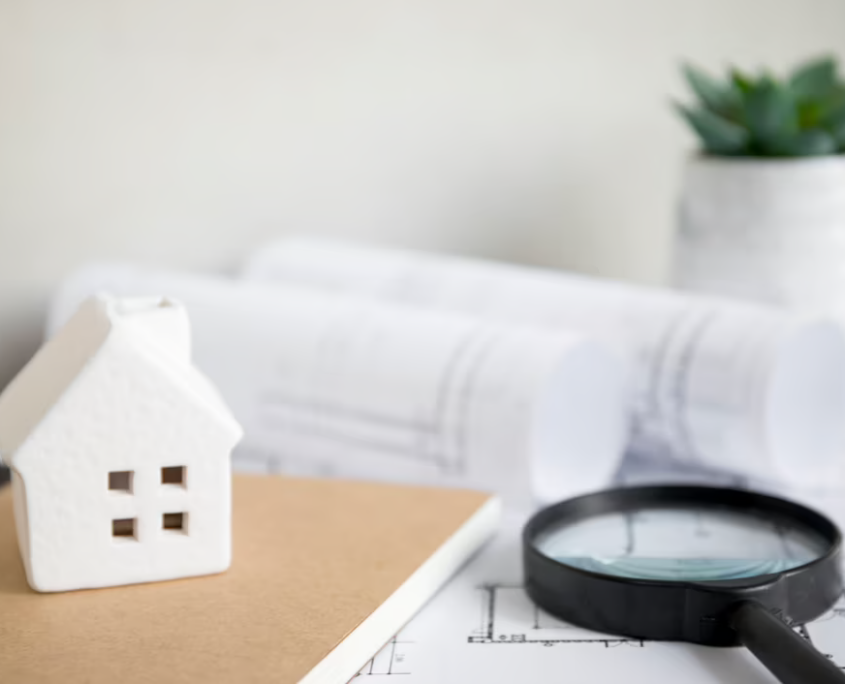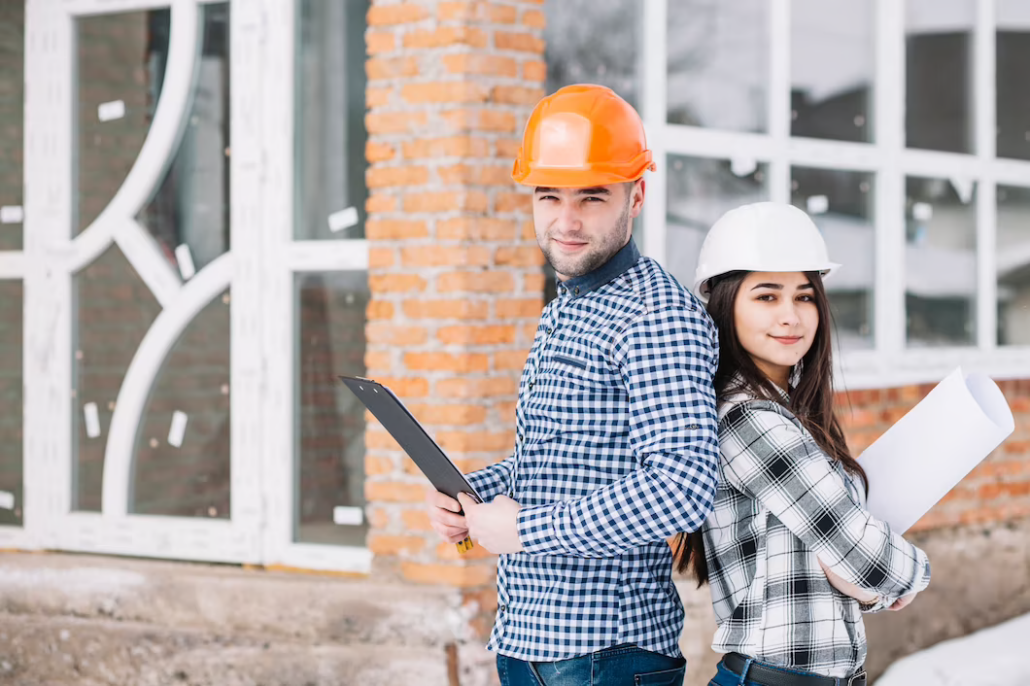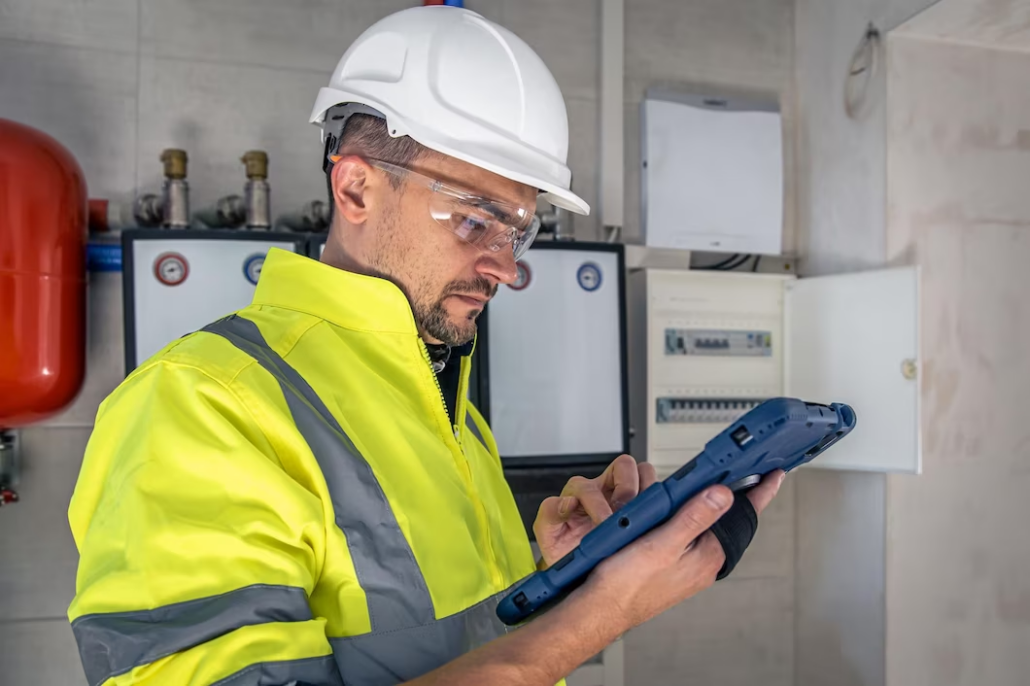Identifying Hidden Issues: How Home Inspections Can Save You from Costly Renovation Surprises

Home inspections are a hot topic, with many assuming they don’t need one after they’ve owned the home for a while, and some buyers are trying to rush into properties and buy site unseen in the hopes of getting a good deal. Unfortunately, if you don’t get an inspection, you could be setting yourself up for an expensive amount of trouble.
These are the top reasons to get a home renovation and why it’s something that should never be overlooked.
It’s More Affordable to Hire the Inspection Than Deal With Surprises
Even if you’ve owned the home for years, a good home inspection can still be something that will save you money, trouble, and stress down the road. Although you don’t need to hire these professionals more than once every few years: they can still spot issues that will save you countless dollars down the line.
The average home inspection costs less than $500 for a 1,500-square-foot home in 2023, which makes it affordable for most homeowners.
If you’re buying a property, it’s vital that you get a home inspection to prepare you for what could lie ahead. Most lenders require inspections before they’ll sign a single cent over to you because of how much trouble they can help you avoid.
1. Unseen Internal Flooding
If you’ve never seen a dishwasher flood interior walls, you’re fortunate! Many homeowners who no longer have a warranty on their dishwashers will attempt to repair them themselves, which can lead to massive flooding inside the walls.
Even an inch of flooding can force mold, rot, mildew, and so many other issues that might not be noticed by the average owner but will be caught by a home inspector. This can be pricey and hazardous to your health in the long term if you don’t have it fixed.
2. Safety Missteps

Sometimes something that feels safe is actually a huge hazard. If you own a pool, don’t have any security in place, or haven’t had your insulation checked after living there for dozens of years, you could be harboring a risk that isn’t necessary.
A home inspector will be able to tell you if an area needs a fence to protect kids and pets, if your home is at risk of crime, or if your insulation needs to be tested for asbestos. These can be extremely dangerous to the average person and are vital to be notified about so you can avoid them.
3. Shortcut Updates
Before you sign and buy your home, you need a good home inspection to ensure that any shortcuts or quick updates they did aren’t going to cost you. Recently some house flippers have been cutting corners, using foam and caulk to hide wood rot, or adding ‘vents’ in kitchens and bathrooms that go nowhere.
Having a home inspector walk through means they can notice these problems and let you know to talk to the owner about lowering the price or making repairs on the property before you’ll buy.
4. Lacking Enough Insulation
Energy-efficient buildings are a hot conversation right now, and part of it is ensuring you have enough insulation in your house. Without enough insulation, you’ll quickly end up overheating or freezing in your home, with lots of noise pollution, moisture, and even insect life. Now is the time to have your home’s full insulation checked so you know whether or not to get more added.
Having a pro check which of the different types of insulation for exterior walls your home has will help you make a choice on whether you need more.
5. Poor Electrical Work
Electrical work is a portion of the home that can’t be overlooked or played down. If the electrical setup in your home isn’t well done, it can lead to fires, issues with heating and cooling, appliances failing, electrocution and getting shocked, and so much more. It’s of paramount importance that your electrical system works as well as possible and is well-maintained. A professional will be able to look at your home and confirm if it’s a safe place to live.
6. Code Violations
There are some code violations that a first-time buyer won’t notice. These are usually things like improper bathroom ventilation, having no window in a space that’s called a bedroom, poorly placed smoke alarms, electrical problems, and so much more.
Although these code violations may not seem like a big deal at first, they can put you and those who live with you in massive danger. Even though a home inspector is not technically a “code compliance” official, many of the items your inspector will examine are loosely based on building code. Good sound construction practices and even following good old common sense can often be a good indicator of potential shoddy or amateur workmanship. Ultimately code compliance and proper permitting are the responsibility of the homeowner and the contractor, including securing proper permits and code compliance inspections from the local authority having jurisdiction (AHJ).
7. Repairs That Cost More Than You Think
Although it would be nice if all repairs were more affordable, many people can’t afford most of the repairs that come their way. You may think your siding needs to be patched, but a professional may make it clear that you need a full replacement, which can cost tens of thousands of dollars and deal with you having to pick wood siding vs. Hardie board.
Hiring a professional will let you know ahead of time, so you can plan and budget and save for it instead of panicking at the last second because something terrible went wrong.
Home Inspections are Vital

Whether you’re buying your first home or you’re renovating an older property, it’s important to stop and have it checked by a professional. Hire someone you can trust, like Grayslake Home Inspections, and rest assured you’re in good hands.
Brian Jeffries is a freelance writer that loves sharing his knowledge and expertise on construction projects and materials. He lives in Winter Park, Florida where he enjoys spending time with his wife and working on projects in his spare time. Brian’s work as a freelance writer can be found on Building Product Advisor, a construction industry resource site.



